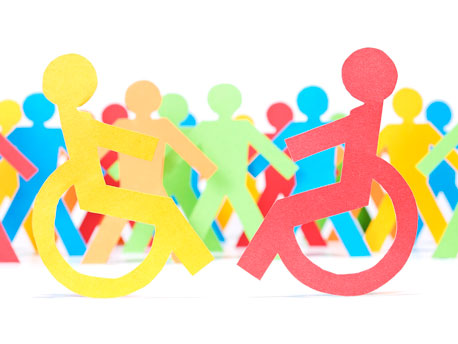
A stroke has been for a long time a leading cause of long-term serious disabilities and early death. Unhealthy life-style, smoking, uncontrolled high blood pressure, rise in number of people with cardiovascular diseases, diabetes, and alcohol over-use are all major contributing factors in such emergence of the stroke epidemic all over the world. Strokes are attributed to 5.7 million deaths world-wide and ranked second to ischemic heart diseases as a cause of serious disability and early death.
Strokes are a leading cause of death in the U.S and over 143,579 people die each year from stroke in the United States alone. Though strokes are recognized primarily as a disease of the brain, they can affect the entire body and may result in various forms of disability.
Paresis (weakness) or paralysis (complete loss of muscle function) on one side of body is commonly seen after full-blown stroke. The paresis or paralysis may affect the face, an arm, a leg, or it may completely paralyze the entire one side of body and face. If someone had a stroke on the right side, left-sided paresis or paralysis of the body is seen. Patients with paresis or paralysis may face severe problems in even simple day-to-day activities like walking, dressing, eating, and using the bathroom. Some patients may face disability in swallowing (dysphagia) and are prone to aspiratory pneumonia due to the entrance of food particles into the lungs.
Many patients show cognitive deficits with awareness, thinking, attention at work, learning, memory, and judgment. In cases of severe cognitive problems, patients may be diagnosed with what is called apraxia or “neglect”. Apraxic patients have no knowledge of one side of their body and surroundings. Emotional problems are also very common in stroke patients and they face extreme difficulty with controlling or showing emotions appropriately in certain situations. Depression is another very significant aftermath of a stroke and is common in these patients. Post-stroke depression may be a general sadness or it might turn into a suicidal frame-of-mind.
A continuous pain is also common in post-stroke patients which relates to uncomfortable numbness, and strange sensations after a stroke. An common pain seen in post-stroke patients is called central pain syndrome or “CPS”. In CPS, the patient may experience heat or cold, burning, numbness, tingling, and severe, sharp stabbing aching pain. Patients may experience severe pain in the extremities which is made worse in cold temperature and by movement.
Severe impairments caused by strokes can leave someone unable to work. When a severe stroke significantly limits someone’s ability to work, then they are likely able to qualify for Social Security Disability benefits. Very mild strokes however, where the patient is left with non severe impairments, are less likely to make one eligible to receive disability benefits.
Previous post: SSI Income Limits: How Much is Too Much?
Next post: Is it OK to Work while Receiving Social Security Disability?










